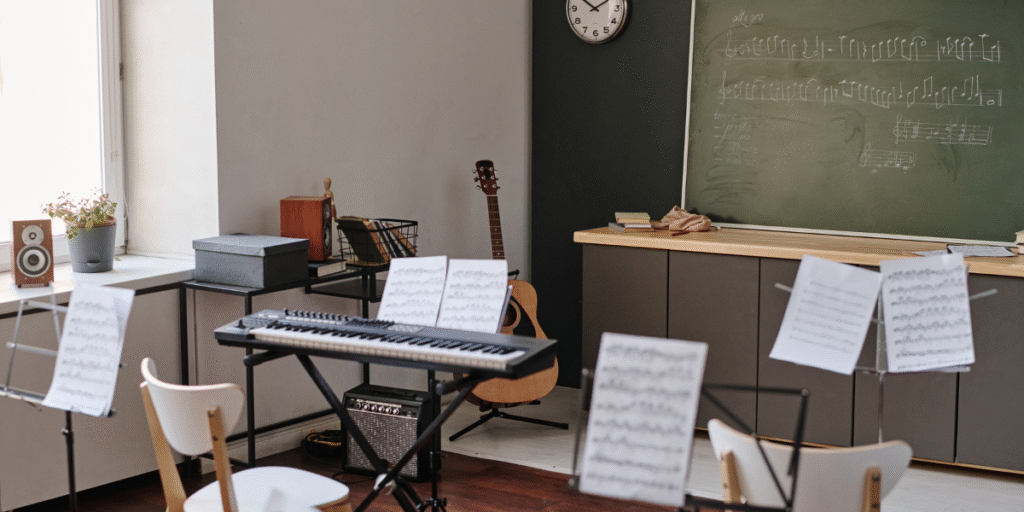Top Instruments for Kids to Learn in Music Lessons Toronto
When it comes to nurturing creativity, boosting brain development, and building confidence in children, few activities are as powerful and rewarding as learning a musical instrument. In a vibrant and diverse city like Toronto, where music and culture are deeply rooted in everyday life, it’s no surprise that parents are increasingly enrolling their children in music lessons Toronto. In this article, we’ll explore the most popular and beginner-friendly instruments for kids, their benefits, and what makes them great choices for young learners in Toronto.

1. Piano – The Foundation of Music
The piano is often considered the ideal first instrument for children — and for good reason. It lays a strong foundation in music theory, helps kids understand melody, harmony, and rhythm, and improves fine motor skills and hand-eye coordination.
Why it’s great for kids:
- No need to worry about tuning (at least initially)
- Visual layout of keys helps with understanding music
- Suitable for children as young as 4 or 5 years old
Toronto Tip: Many music schools offer piano lessons in Toronto for young children, which can make learning more engaging and social.
2. Guitar – Cool, Portable, and Versatile
Kids often gravitate toward the guitar because of its cool factor and the ability to play popular songs early on. It’s portable, relatively affordable, and comes in sizes suitable for children.
Why it’s great for kids:
- Fun and rewarding once basic chords are learned
- Builds finger strength and coordination
- Opens up a wide range of musical styles — from pop to rock to folk
3. Violin – Discipline Meets Expression
The violin lesson is a popular instrument among kids in Toronto’s classical music and school orchestra scenes. It’s small, portable, and helps develop listening skills and pitch accuracy early on.
Why it’s great for kids:
- Teaches discipline and focus
- Develops strong ear training and intonation
- Available in fractional sizes for younger children
4. Drums For Kids Who Can’t Stop Moving
Got a child who’s always tapping their fingers or bouncing to the beat? Drums might be the perfect fit. Percussion instruments are highly engaging, great for developing timing, and excellent for high-energy learners.
Why it’s great for kids:
- Builds coordination and rhythm
- Provides an outlet for physical energy
- Teaches timing and ensemble skills
5. Voice – The Most Natural Instrument
Every child has a voice, and learning to use it through singing lessons in Toronto is an excellent way to build musicality and confidence. Unlike other instruments, kids can start vocal training at a very young age without the need for physical equipment.
Why it’s great for kids:
- Encourages self-expression and emotional development
- Helps with pitch, breath control, and confidence
- Can start as early as age 5 in playful, group-based settings
6. Ukulele – Small Size, Big Fun
The ukulele has become increasingly popular for kids, thanks to its small size, simple chords, and cheerful sound. It’s a fantastic starting point before transitioning to the guitar.
Why it’s great for kids:
- Easy to learn basic songs quickly
- Soft nylon strings are gentle on fingers
- Lightweight and perfect for younger children
7. Flute or Recorder – Easy Wind Instruments for Starters
If your child is interested in wind instruments, the recorder is often the go-to beginner choice. It’s inexpensive, simple, and taught in many Toronto elementary schools. The flute is the next step for kids who want to continue with wind instruments more seriously.
Why it’s great for kids:
- Encourages strong breath control
- Develops finger dexterity
- Lightweight and easy to carry
How to Choose the Right Instrument for Your Child
Here are a few tips to help you and your child make the right choice:
- Let them explore: Attend open houses or trial classes at local music schools to try out different instruments.
- Consider your child’s personality: Outgoing kids may enjoy singing or drums, while introspective learners might prefer piano or violin.
- Size matters: Ensure the instrument fits your child’s body size and is age-appropriate.
- Keep it fun: Motivation is key. Let your child have a say in what they want to learn — it’ll keep them excited and engaged.
Where to Find Quality Music Lessons in Toronto
Toronto is home to many reputable music schools, private teachers, and programs that cater specifically to young learners. Whether you’re in downtown Toronto, North York, or East York, there’s no shortage of qualified instructors ready to help your child develop their talent. If you’re seeking a well-rounded, supportive, and inspiring learning environment, Elite Music Academy offers a wide variety of programs tailored to children of all ages and skill levels — from piano and guitar to voice and drums.
Conclusion
Learning an instrument is more than just a hobby — it’s a lifelong gift that builds creativity, discipline, and emotional intelligence. In a city as musically rich and diverse as Toronto, your child has endless opportunities to grow, perform, and connect with others through music. Whether your child dreams of being on stage or just wants to explore a new passion, enrolling them in music lessons in Toronto is a fantastic first step. Encourage them to try something new — the right instrument could be the beginning of a lifelong love of music. For families looking for expert instruction in a supportive and inspiring environment, Elite Music Academy offers exceptional programs for young musicians across the city.


